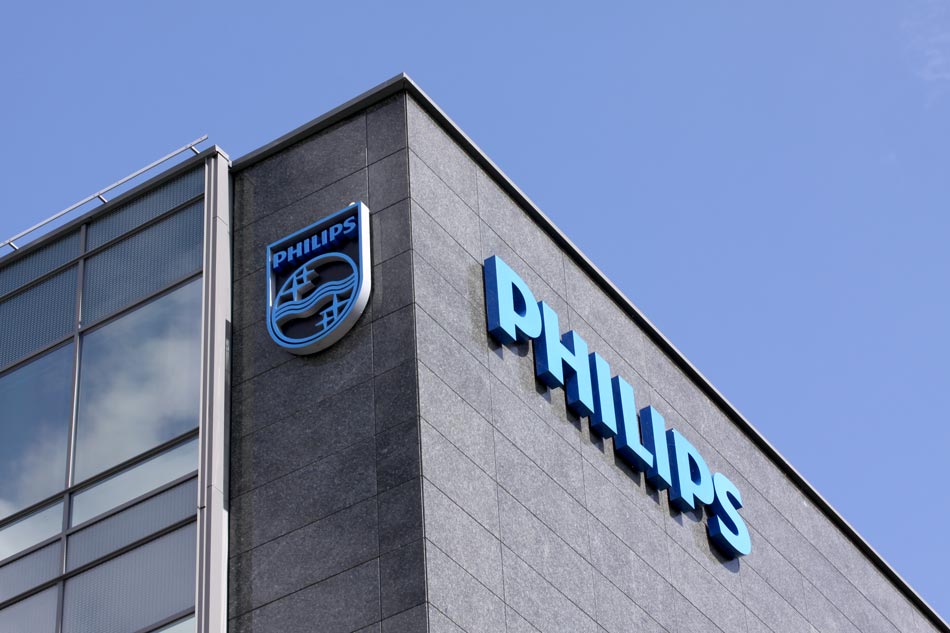Advertisment
Mini TEE ultrasound transducer has FDA 510 (k) approval to improve cardiac care for more patients – Royal Philips

Royal Philips a global leader in health technology, announced that its latest TEE transducer, designed to serve more patients with improved overall comfort, has received FDA 510(k) clearance. .The Philips X11-4t ultrasound transducer is scheduled for commercial availability in 2024 and is pending CE mark in Europe.
Cardiovascular ultrasound has played a key role in the evolution of early diagnosis of structural heart disease, led by a technology pioneered by Philips: the ‘transesophageal echocardiography’ (TEE) ultrasound transducer. TEE helps cardiologists by providing highly detailed images of the heart and its internal structures. In structural heart disease, the quality of a 3D TEE image can help save lives. The clarity and perspective that come with 3D images exceed 2D alternatives. TEE is also a valuable tool for minimally invasive heart surgeries and procedures, transforming the treatment of damaged heart valves and congenital heart defects
However, there were some patients who still couldn’t benefit from this advanced technology, including pediatric patients as small as 5 kg, adults at risk of complications, as well as complex cases such as ICU patients [where the transducer probe for 3D TEE was too large. Until now. Announced Philips’ new X11-4t Mini 3D TEE transducer is shifting that balance and opening 3D TEE imaging to previously unaddressed patients
“In many of our smallest patients undergoing complex intracardiac procedures like valve repairs, 3D TEE will give us a new and much needed perioperative tool. For example, the X11-4t can help us visualize atrioventricular valves en-face. In many cases, this is a view that is difficult to achieve with traditional 2D TEE. 3D TEE will also be a more effective tool to communicate with the surgeons and will enable us to give good “surgeon views” of intracardiac structures” said Dr. Brian Soriano, Pediatric Cardiologist (Washington, USA).
“As a pioneer and leading innovator in cardiac ultrasound, our 3D ultrasound technology plays a critical role in many cardiac procedures. But it was frustrating to know that there were still some patients who couldn’t benefit from this hugely beneficial approach to image the heart, and as a result, would often require a different, more invasive, treatment approach,” said David Handler, VP and General Manager for Global Cardiology Ultrasound at Philips. “That’s why we’ve developed a new, even smaller mini 3D TEE transducer that can be used to help physicians serve a wider range of patients, from small children to fragile adults. With this innovation we can help reduce the need for general anesthesia and lower the risk of complications, meaning patients may recover faster from procedures and can be discharged sooner.





